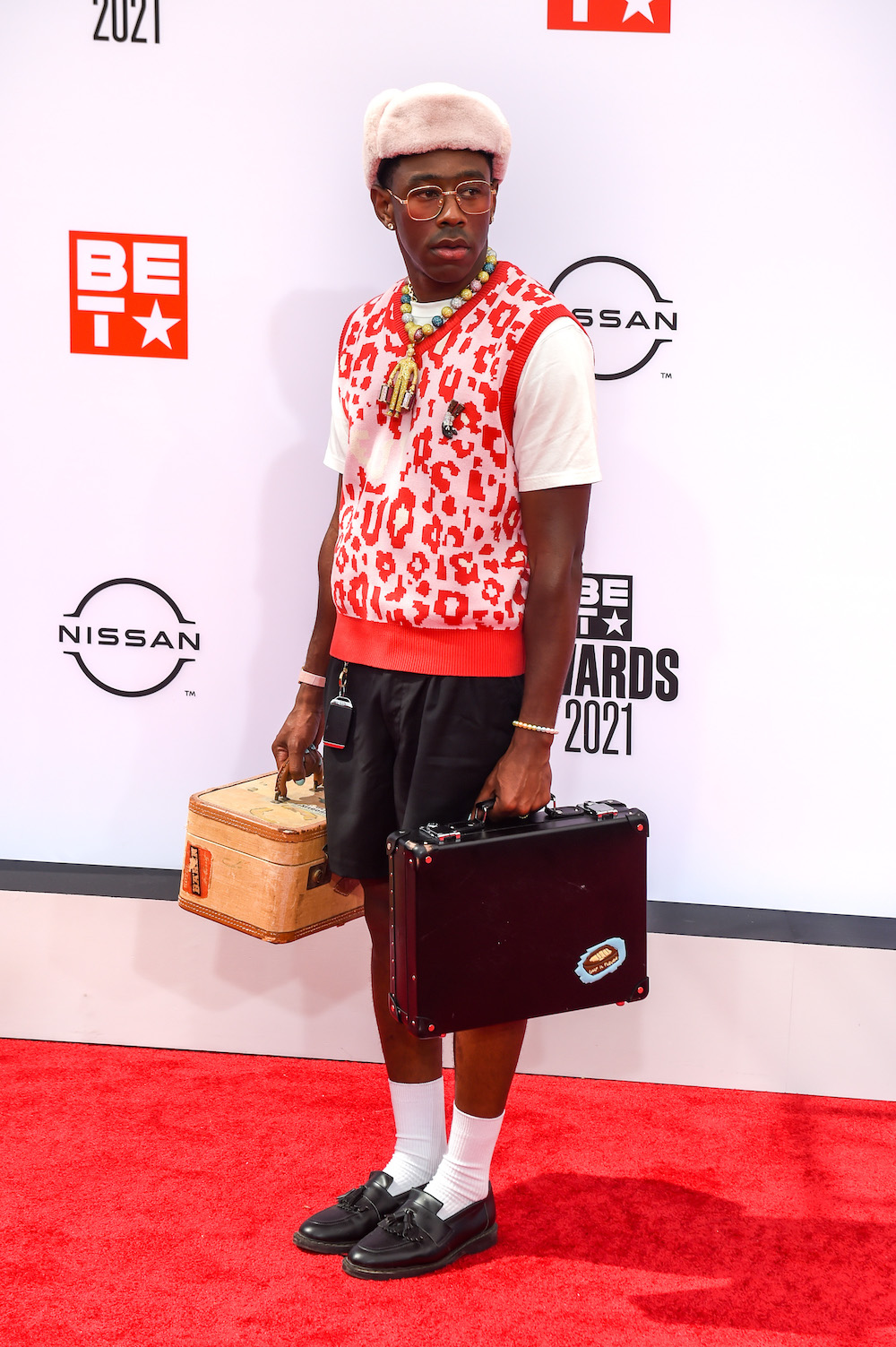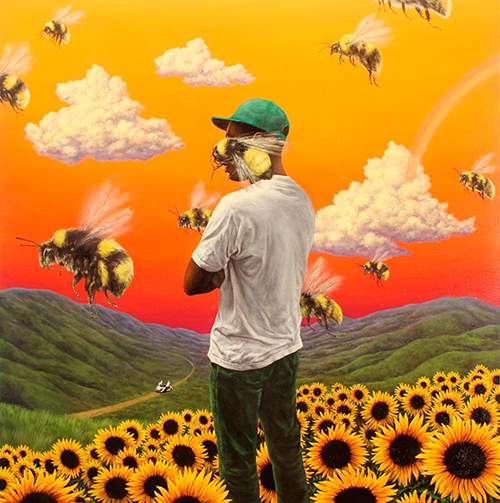by Sam Rhodes
Jessie Mueller is an actress who performs on Broadway and specifically in this performance as Jenna Hutcherson in “Waitress (musical)”. This is her Tony performance of the piece which starts with the creator of the song, Sara Barellis, starting it off and following into Mueller’s performance. The character of Jenna is pregnant and is trying to save up to leave her abusive husband. But when the husband finds the money, he takes off with it which starts the song. Mueller incapsulates the character with such genuine veracity that the emotion whips her all over the stage in the most distraught fits of anger. But when the lyrics guide her as well as her conniption grows to laser focus on a line with such beautiful despair of heart-breaking situation. Though she is strong in who she is that it doesn’t matter how strong you are life can just break you down tenfold. As she looks out in the audience you just know every soul in there is mesmerized by the performance this one woman just blessed us with. Finally looking up to the ceiling with melancholy perplexed look on her face on what to do now given the circumstances. Yet as the lights go down one of the biggest uproarious applauses shoots up from the audience with a response that is most equal to event that just happened on stage. It is captivating and is more than worth the watch.
She was beat out at the Tony’s for best actress in a musical, but the other person was also deserving of the honor as well. When I first saw this performance, it was with my cast in ‘Christmas at Pemberly’ with Evan Parry as the director and a professor at the college. He showed us as inspiration for performance and because he loved it so much watching the video because it is a brilliant performance. When viewing it really helped transcend everything else in the room disappeared from the room having the only conscious thing was Mueller on the screen belting her heart out.
This performance made appreciate what such an artform can do to people showing just how important such a form is for all people to take in. What separates the world, and the stage is an endless number of possibilities and avenues worth exploring and appreciating. From this performance everyone in the cast could take away this level of possibility of the human expression as something that’s not as confined as it once was. I love theater and I only keep loving it more and more each day with these types of performance to show for it. Not all of it is great but that just makes it all the more special when these types of things happen that are truly extraordinary. Thats why theater is my major cause I want to be part of it and if I can do anything to reach that extraordinary goal its one worth achieving in my book at the end of the day. https://www.youtube.com/watch?v=Erjdq6wwRuU







